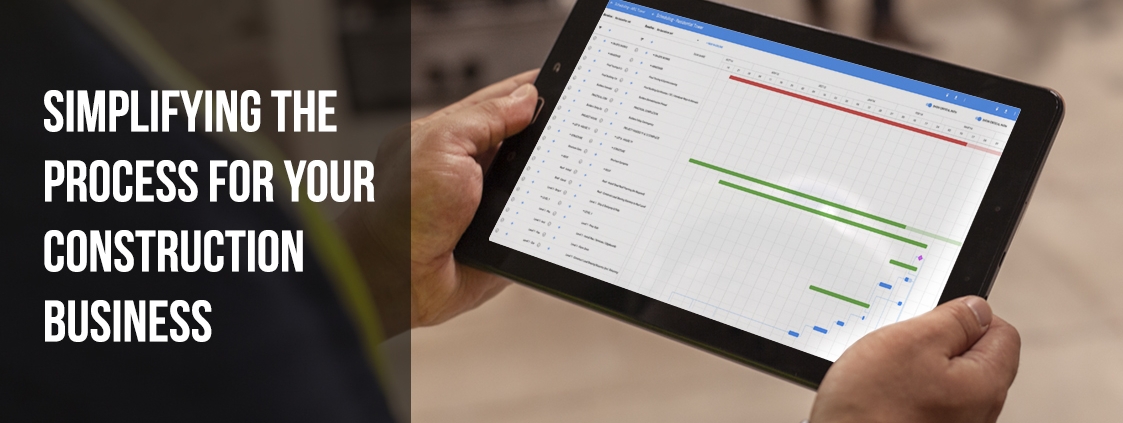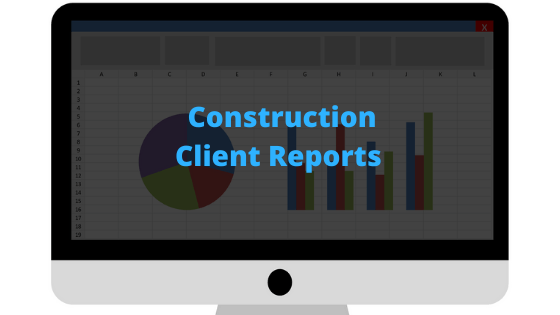Importance of Managing Construction Projects
Meeting project objectives
Effective project management ensures that construction projects meet their defined objectives, including scope, schedule, budget, and quality. By implementing appropriate project management practices, risks can be mitigated, and project outcomes can be optimized.
Resource optimization
Construction projects involve the coordination of various resources, including labour, materials, and equipment. Effective project management helps optimize resource allocation, ensuring that resources are utilized efficiently, minimizing waste, and reducing costs.
Stakeholder communication and collaboration
Construction projects involve multiple stakeholders, including clients, architects, engineers, contractors, and subcontractors. Strong project management facilitates effective communication, collaboration, and coordination among stakeholders, promoting transparency, and ensuring project success.
Risk management
Construction projects are inherently risky, and effective project management helps identify, assess, and mitigate risks. By implementing risk management strategies, potential issues can be identified early, minimizing their impact on project timelines and budgets.
Quality control
Quality control is vital in construction projects to ensure that the final product meets the desired standards. Effective project management includes robust quality control processes, such as inspections, testing, and adherence to industry regulations, resulting in a high-quality end product.






